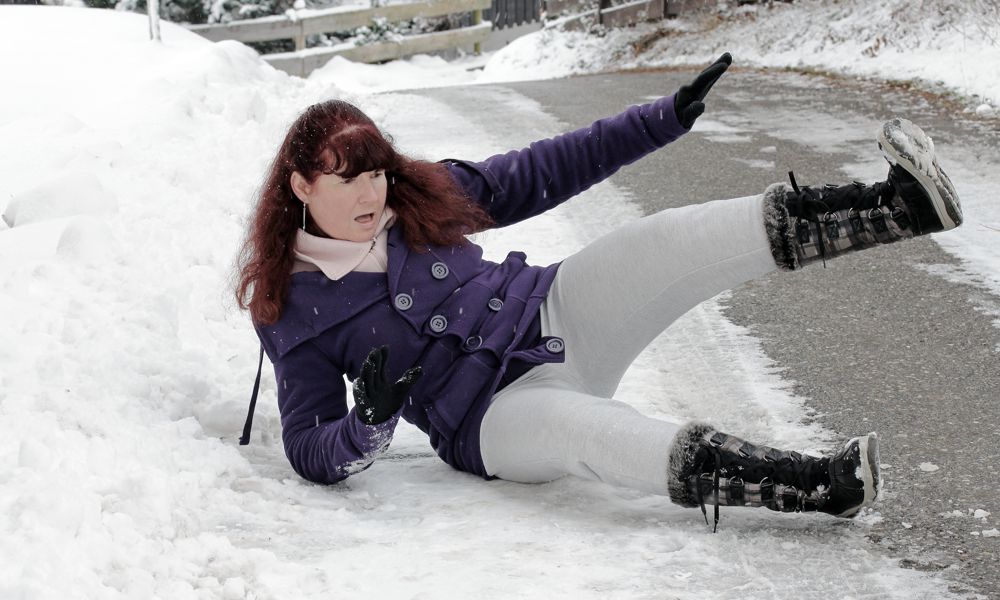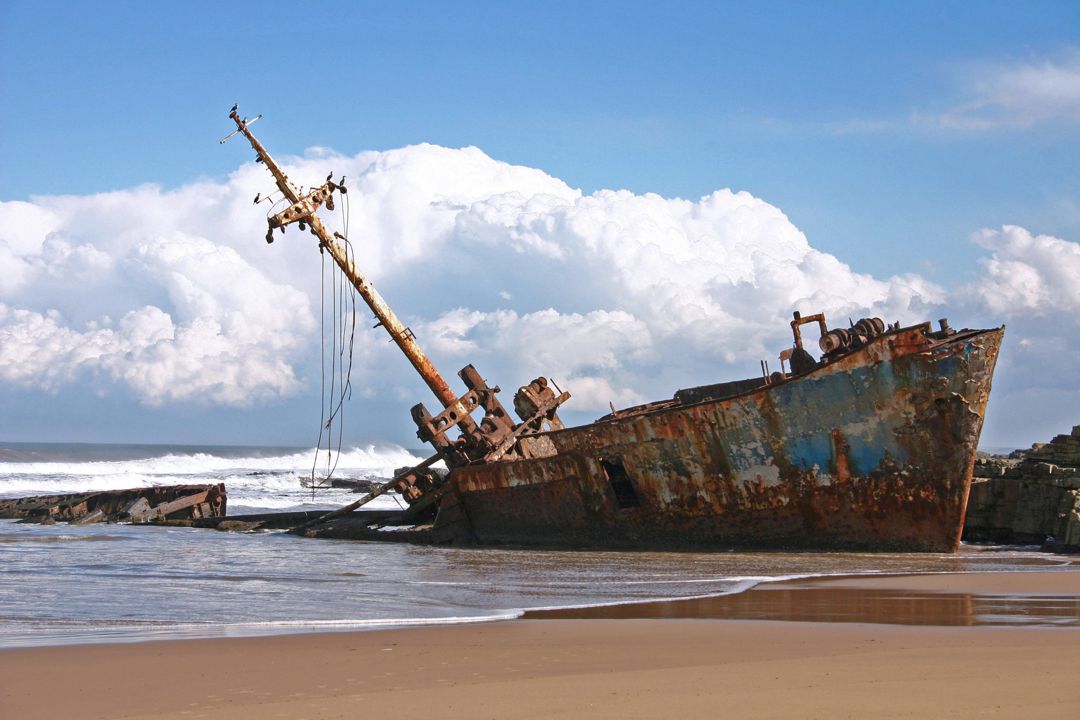The impact of not being prepared for unusual situations can cripple or destroy your business.

What Can Happen
I went out for Chinese food on Christmas Eve. We made reservation and were seated at 5pm.
After taking our order the waitress informed us that things were really busy and it would take an hour for the food to come out of the kitchen. Looking around things didn't seem to be any busier than normal.
We happened to be close enough to hear the servers taking phone orders. Take-out orders were pouring in like crazy. They were telling people that the wait time was 90 minutes.
Every time the server was talking to someone she was telling them we are so busy with a frazzled and a little panic in her voice.
A take-out customer came in early to pick up food. The frazzled server told him "You are too early. 90 minutes means 90 minutes. Your food is not ready and we are swamped. You are 30 minutes early. Come back in 30 minutes."
It took us just a little over 60 minutes to get our food. One family with young children waited even longer.
What They Could Have Done
What could they have done different?
They should have some basic performance standards in place.
- What is the maximum in-restaurant wait time once seated?
- What is the maximum take-out wait time once ordered?
In reality the main problem was a lot of very large take-out orders.
I would consider in restaurant orders to be higher priority than take-out. Waiting overly long in a restaurant seems more painful than when you are waiting at home and it is even worse if you have young children.
Let's say 40 minutes is the maximum wait for in-restaurant food orders.
Assuming they were operating at full production this means that some take-out orders would be pushed out a bit to adjust the queue.
What if you called take out customers 10-15 minutes before their food is ready (when you start actually cooking it)? Then you could tell them the wait will be 1.5 to 2 hours and we will call you when your order is almost ready and add a bit of slack.
Now you don't have customers waiting at your restaurant for take out orders that are not ready either.
And when the queue gets too full? Turn away customers.
I know this is hard.
But better 40 happy customers than 60 unhappy customers.
Finally, I would make sure all my staff know what the performance standards are and what to do when things get outside of those boundaries.
I would also make sure they are trained in what to say when things are not quite right so they are not reacting in a panicked way.
Then you need to monitor and mentor that as well.
Will this preparation solve every potential future problem?
No, but the cost of not doing anything could ultimately be your business (and sanity) and well trained staff are better able to handle all emergencies, not just the ones you can foresee.
What are you doing to ensure your business is prepared?



